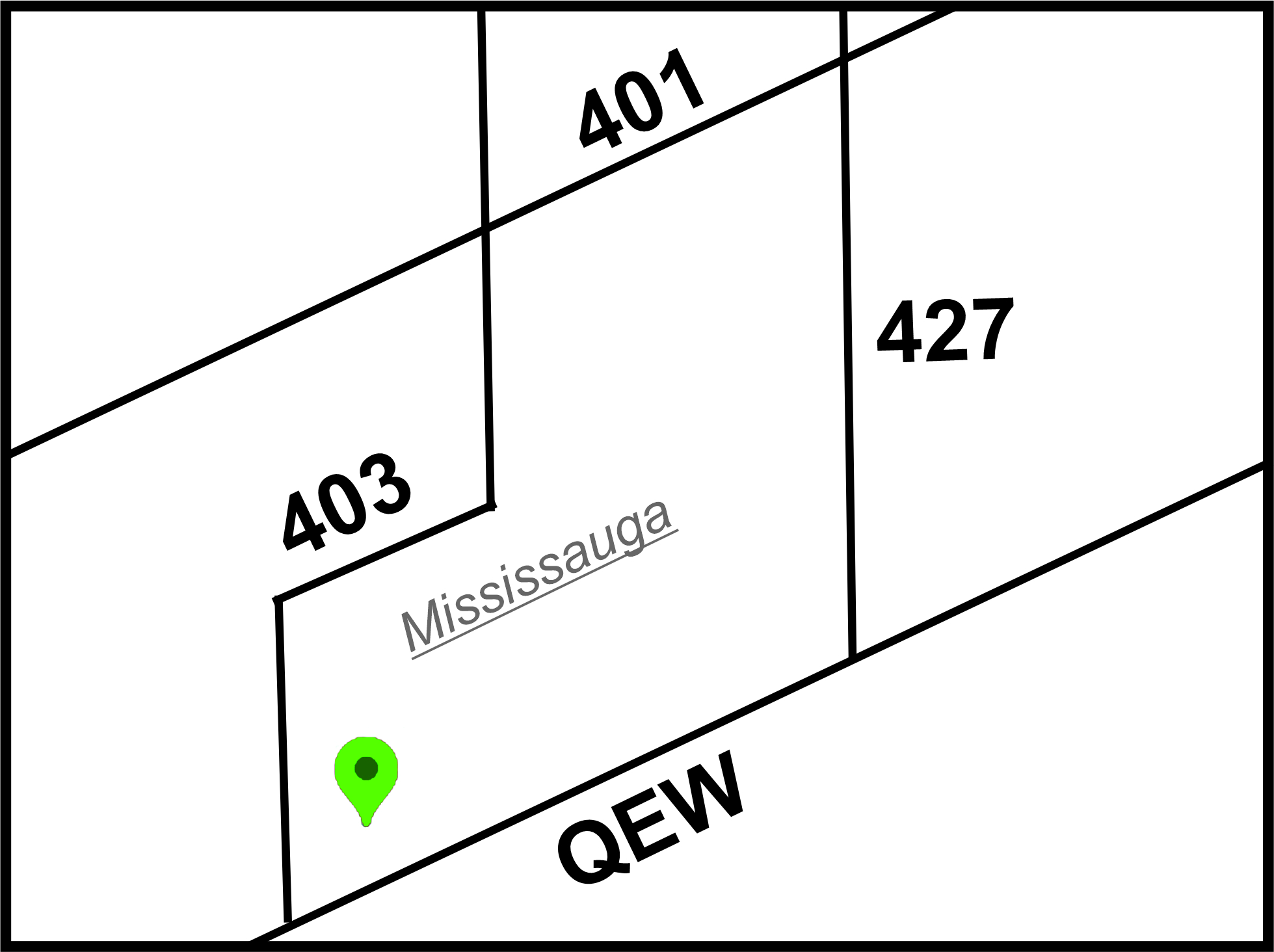
Help with Bed Wetting


Whether your child has just experienced his or her first bed wetting incident, or it has been happening for years, you are both likely encountering a barrage of emotions.
» Download PDFShop for a waterproof mattress »
You may feel alone in a journey that seems unending. But in truth, you’re not. It is estimated that between 5 and 7 million people in the United States suffer from this life-altering problem. Because of this, a significant demand has been presented to the medical community. In return, we have been gifted with a wealth of information to better understand and treat this predominantly childhood complication. Here, we will outline what we know to be true about bed wetting, what you can do to curb its occurrence, and eventually, say goodbye to this nuisance once and for all.
Following is a list of recognized reasons for Primary Enuresis:Immature bladder muscles
Bed wetting occurs when the bladder is full, and the muscles that squeeze to release the urine are stronger that the one that maintains the urine (sphincter).
Small bladderAn underdeveloped bladder is culprit when it cannot hold all of the fluid that your child’s body is producing. This, coupled with a deep sleep, equals a wet bed.
Too Much LiquidSometimes, even if your child’s bladder is of adequate size, his body may produce more liquid that it can sustain.
Low ADHAs discussed above, Antidiuretic Hormone is necessary to curb nighttime kidney function.
Sleep ApneaOccasionally, sleep apnea will display in children with symptoms such as snoring, ear and/or sinus infections, sore throat, daytime drowsiness, and bed wetting. A sleep apnea sufferer slips from deep sleep to light sleep again and again, and when this happens, the bladder sphincter relaxes, releasing urine.
AllergiesAs with sleep apnea, allergies can cause a child to fall in and out of deep sleep, temporarily relaxing the bladder’s sphincter muscle.
Physical AbnormalitiesRarely, bed wetting can occur as the result of a spinal cord, urethral valve, or ureter abnormality.
The underlying causes of Secondary Enuresis can be more difficult to pinpoint. Secondary Enuresis is bed wetting that manifests after a cessation of 6 months, or has commenced with no history of Primary Enuresis. An examination of your child’s family and social situation should be the first order of business. Is he experiencing any life-changing issues such as divorce, a new baby, the loss of a close friend or family member, a new home, or bullying at school? If so, he should be given the opportunity to voice his feelings about the new situation, and if necessary, professional counseling should be sought. If not, a consultation with a medical doctor is in order. Sudden onset of Enuresis can indicate certain medical problems, such as the development of diabetes, sleep apnea, or a urinary tract infection.


 Copyright © 2026 |
Copyright © 2026 |